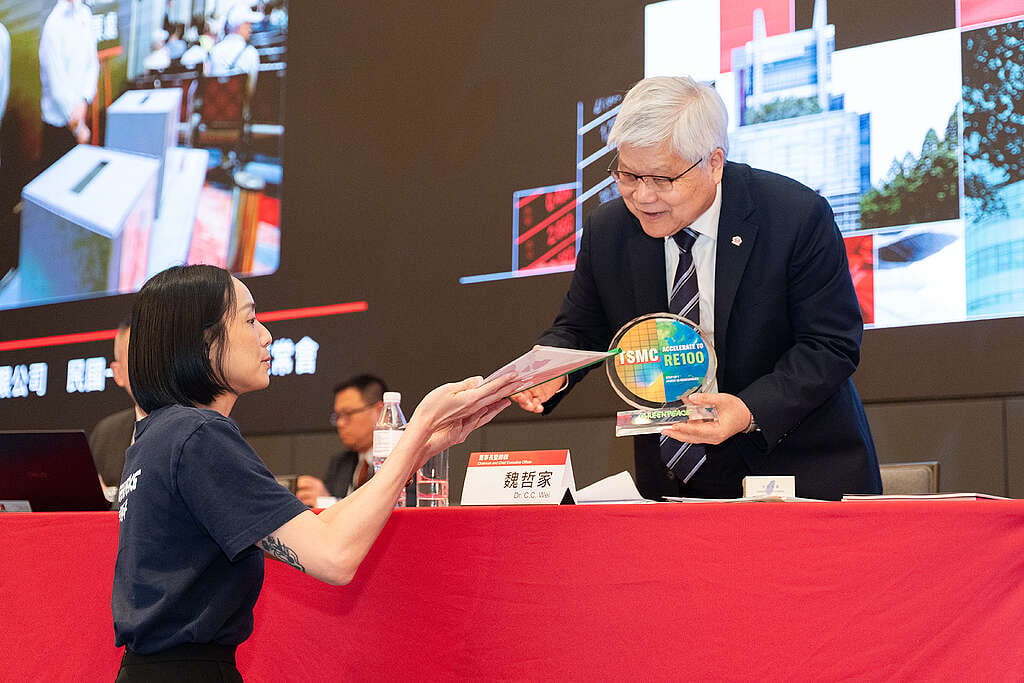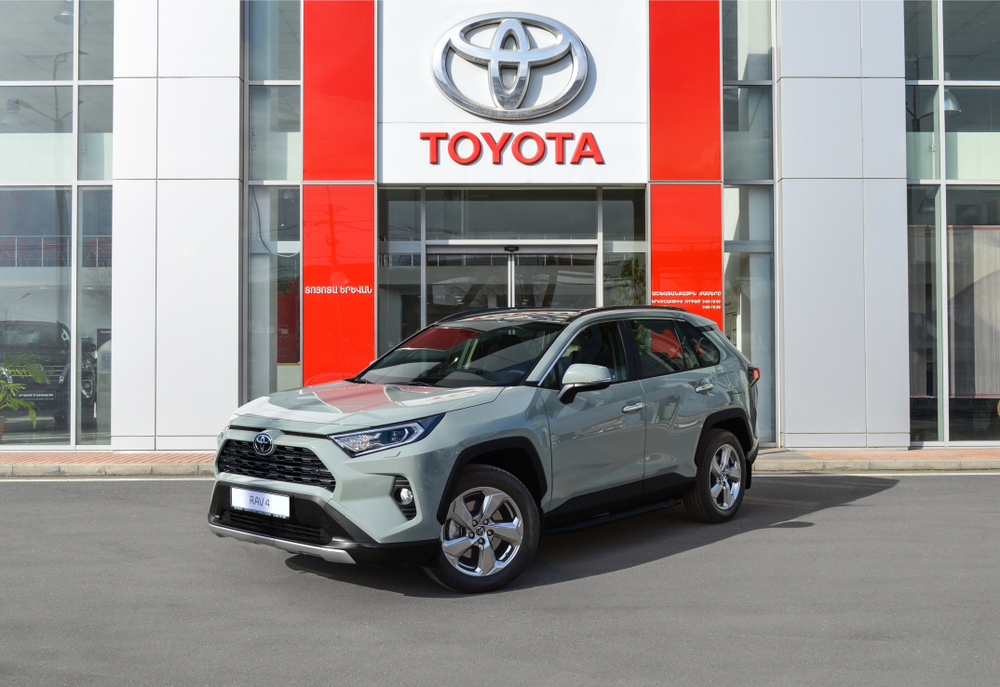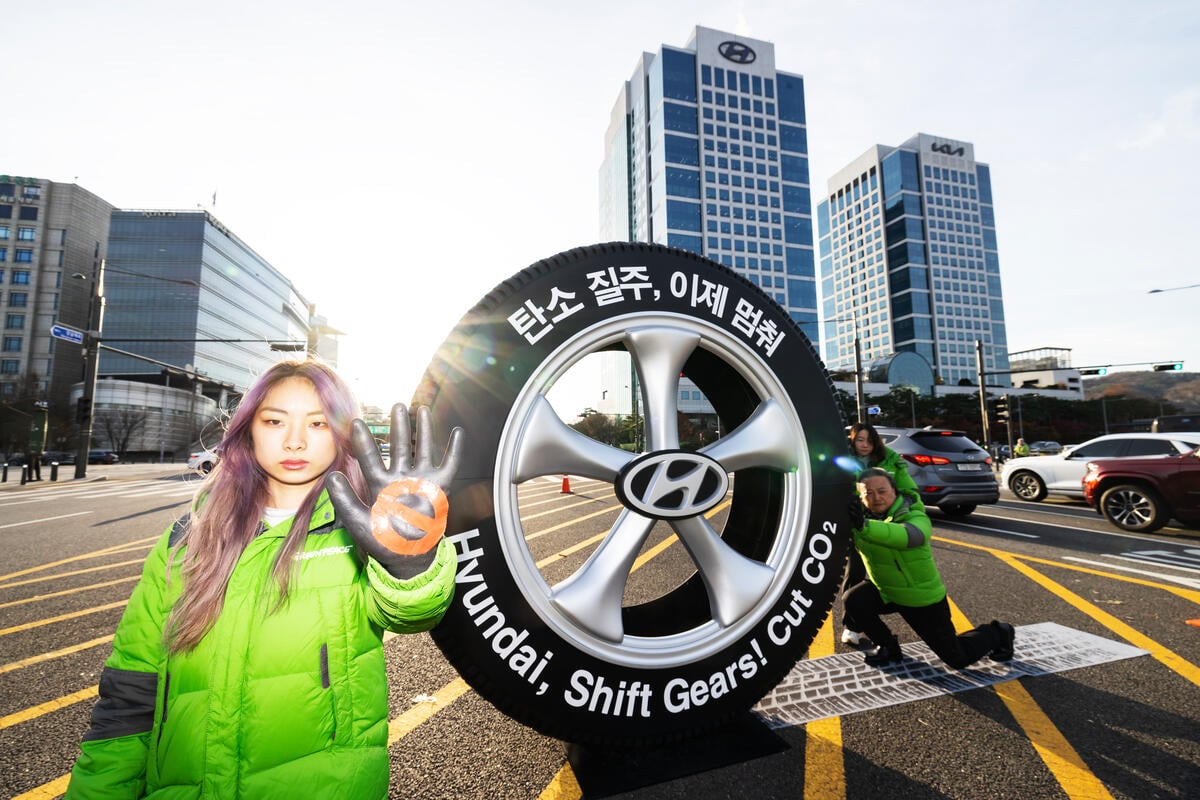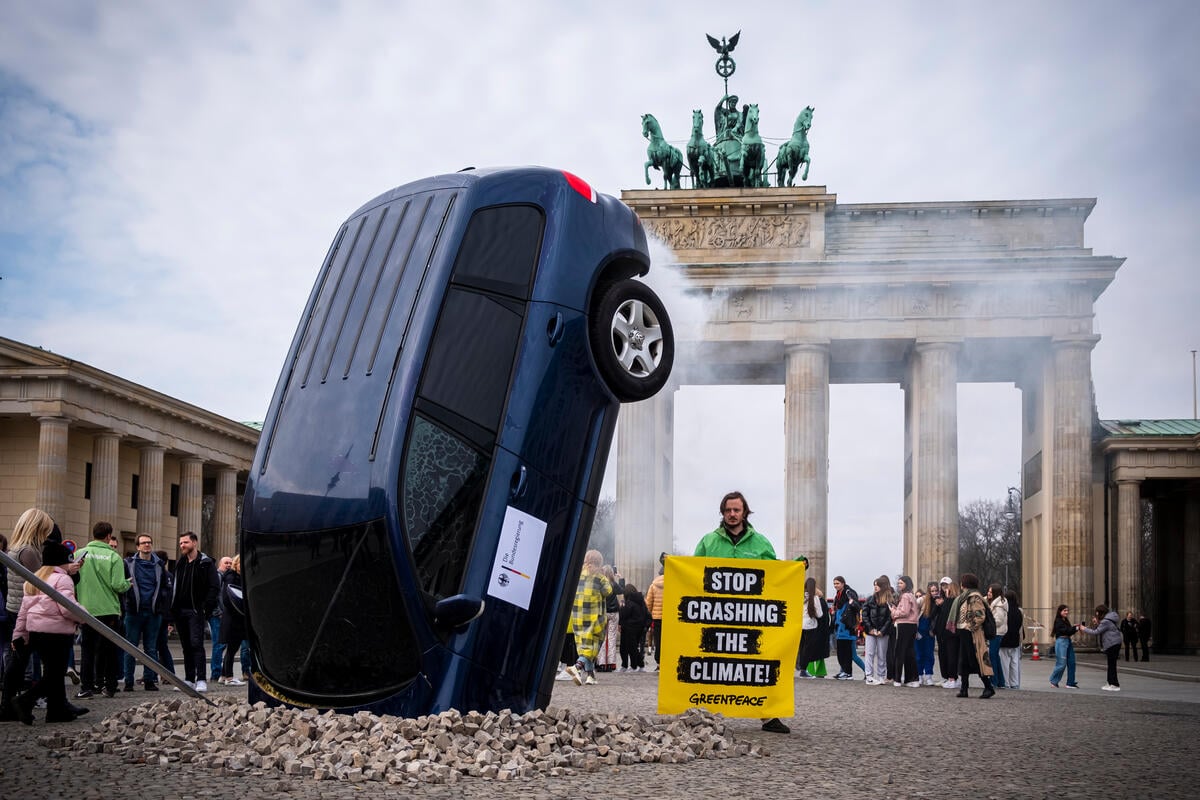HSINCHU — At TSMC’s annual shareholder meeting, representatives from Greenpeace East Asia called on TSMC to fast-track its transition to renewable energy.
A representative from Greenpeace presented TSMC leadership with a trophy, “commending” the chipmaker for its unprecedented increase in electricity consumption, while urging that any new electricity demand be met by clean energy sources.

Greenpeace East Asia Climate and Energy Campaigner Lena Chang said:
“It’s disappointing that TSMC has not committed to scaling up direct renewable energy investments, missing a key opportunity to advance Taiwan’s clean energy transition.
As AI booms, TSMC’s impact on climate and air pollution continues to grow. Meanwhile, the government’s transition to renewable energy remains behind schedule. To avoid climate disaster, TSMC must take matters into its own hands and invest directly in renewable energy capacity, including wind, solar and geothermal. TSMC has positioned Taiwan at the forefront of advanced digital hardware – now it must ensure that Taiwan’s energy generation capacity does not fall behind.
We urge TSMC to target 100 per cent renewable energy worldwide by 2030 and to achieve this goal via local procurement strategies. TSMC needs to move beyond its reliance on Renewable Energy Certificates (RECs), which are essentially a greenwashing strategy, and instead invest directly in wind, solar and geothermal capacity.”
At the AGM, TSMC Chairman C.C. Wei said, “As long as green electricity is available for purchase, we will definitely buy it.” Chairman Wei’s comment reflects TSMC’s stance as a green energy consumer, far behind international tech giants like Apple, Google, Microsoft, which produce renewable energy in addition to consuming it.
As TSMC purchases over half of renewable energy available on the market, it is increasingly difficult for small and medium-sized enterprises to access renewable energy, slowing down decarbonization across the entire supply chain.
Between 2023 and 2024, electricity demand from AI chipmaking in Taiwan increased by more than 350 per cent, according to a recent Greenpeace East Asia report. Meanwhile, Taiwan’s electricity grid is powered by approximately 83 per cent fossil fuels, posing a challenge for global tech companies striving to meet their renewable energy targets. TSMC and other major tech companies do not need to wait for Taiwan’s government to invest in new renewable energy infrastructure.
In 2023, TSMC’s electricity consumption accounted for approximately 8 percent of Taiwan’s total electricity usage, a figure that is projected to triple to 24 percent by 2030 as advanced chip production accelerates.
More broadly, TSMC’s worldwide renewable ratio in 2024 reached only approximately 14 per cent, compared to 100 per cent for Google, Apple, and Microsoft. TSMC has heavily relied on the purchase of unbundled RECs to increase its renewable energy ratio, which in most cases does not lead to the addition of new renewable energy capacity.
In contrast, last year, Google partnered with energy developers to invest directly in 1 GW of solar power in Taiwan. In April, Google signed Taiwan’s first corporate power purchase agreement for geothermal energy. Such investments can enable tech companies to ensure that their own operations are powered by renewable energy while providing surplus electricity to support their supply chains.
Greenpeace urges TSMC to follow suit and to target 100 percent renewable energy by 2030.
Media Contact
Erin Newport, International Communications Officer (Taipei), Greenpeace East Asia, +886 958 026 791, [email protected]



